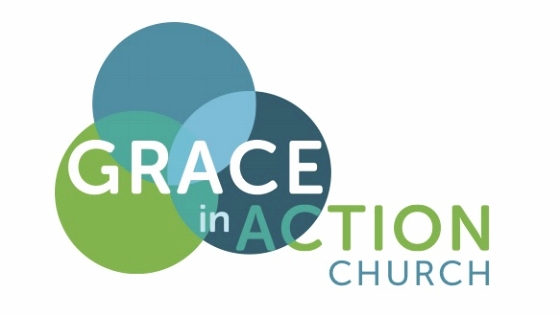A Greater Authority
Who has authority over you? Early in our lives, we share a common authority figure: our parents. Parents express authority in different ways. mine rarely yelled or threatened consequences if I didn't do what they told me, but I knew well enough that there WERE consequences if I disobeyed, and that kept me in line. I remember one time I was in a store with my Dad, and he tripped over my foot. Thinking I had done it on purpose, he looked me in the eye and said quietly, “don't you ever do that to me, especially in public”. I wanted to say “but I didn't mean to”, but decided I should just say sorry and keep my mouth shut.
In the gospel today, we heard the story of the three wise men coming to see Jesus, the one we know as the story of Three Kings Day. But I believe that this story is really about authority, and it raises the question of who really has authority over our lives. As adults, it might seem that we are our own authorities, that we are free to do what we please. But even as adults, there are people we have to answer to, who have power over us. They might be our employers; our teachers at school; they could be the people we are in debt to; or our religious leaders: priests, pastors, rabbis, or imams. Who are the people who hold some authority over you? Who, if they asked you to do something, would you have to at least think twice before answering “no”?
Having authorities figures is not necessarily a bad thing. The challenge comes when the demands of authority and our own values come into conflict. What if an authority figure asked you to do something that would harm another person? Or if they asked you not to do something that could help another person in need?
The wise men were caught in a situation like that, pulled between two authorities. One authority was Herod, the governor of the region in which they were traveling. He commanded them to find Jesus, the “king of the Jews”, then return to tell him where Jesus was. What Herod didn't tell them is that he intended to then send someone to kill Jesus. As the one prophecied to be the Messiah, Jesus was a rival ruler and a threat to Herod's power. He wanted to exterminate anyone that could call into question his absolute authority.
But thankfully for Jesus, the wise men didn't only answer to Herod's authority. After they came to see Jesus, God spoke to them in a dream, telling them not to return to Herod. It appears that the decision was quick for the wise men, even though they knew that Herod might punish them, even seek them out and kill them for not coming back. For the wise men, any consequence that came from disobeying Herod's authority was nothing compared to the consequence of ignoring God's command.
We know, like the wise men, that disobeying human authorities is not an easy thing; there are real risks involved. This week, Meghan and I went to a community forum about a permit application that would allow the marathon oil refinery to increase the amount of pollution it is putting into our air. The people from the state government who are in charge of allowing or rejected this listened for hours as residents pleaded with them, asking them not to destroy their lungs and the health of their children. But the people from the state said nothing, and it looks like they will probably allow this plan to move forward. Why? Because their authority, the legislator of Michigan, is requiring them to approve the permit allowing marathon to increase pollution. If they reject the permit, it could mean that they lose their jobs and get banned from ever working in the state government again.
So what can we do in the face of authorities that demand we submit to them or risk losing the things that give us a sense of safety and security? This is where faith comes in – the kind of faith the wise men had. Alone, we cannot stand against the human authorities around us. Our only hope is an authority that is greater than those authorities, an authority that overrules every unjust or immoral action or inaction that human powers push us to take. That authority is God. If we believe he is real and his power is real, there is no power on earth that can control us or tell us what to do. Accepting God as our ultimate authority is the truest freedom we could ever have.
I ask you to consider, where do you feel torn between following the demands of an authority in your life, and doing what you know is right? How can turning to God as the ultimate authority help you as you choose what to do?
